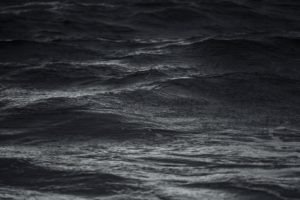My big brother used to like scaring me. That’s part of the job description of big brother, right after “tease about appearance” and “complain about relative fairness of food portions.”
In the main, I’ve been terrorized by better. There was the guy who leapt out of the darkness at camp after I’d watched a horrifying movie about a pioneer woman eaten by (or eating?) a panther, causing me hours of clingy anxiety. There was the teacher who read an H. P. Lovecraft story about ankles and coffins (again at camp), creating an enduring ankle-grabbing fear. That fear was triggered a few years later after a dorm-mate and I were walking up the nine flights to our dorm after seeing Wait Until Dark, one of the scariest movies I’ve ever seen; though we were together the whole time, at one landing he decided to chase me, and I had the instinct to flee, even as he tried to grab my ankles.
Leaping, ankles, jumping out and yelling around a dark corner: these were easy enough choices for scaring a little sister.
But the fear of nuclear annihilation was the mother of all triggers.
In high school, I read John Hersey’s Hiroshima. I read Robert Merle’s Malevil. I watched The Day After. These all offered vivid depictions of the suffering caused by atomic blasts and the ongoing consequences of exposure to radiation.
In the meantime, President Reagan was cracking jokes about starting a nuclear war with the USSR. Though we were sophisticated enough to laugh at “duck and cover” films, nobody I knew had a really good idea about how to actually survive a nuclear blast. More than one person said if they heard the warnings, they’d go outside and get as close as possible to the actual blast in order to end things right away. No lingering death, just immediate immolation.
All my brother needed to do was say one phrase — “The atom bomb — the end of the world!” — for me to begin imagining and hyperventilating and running away with my fingers in my ears.
Not to put too fine a point on it, but there’s still a lot of imagining and hyperventilating and fingers-in-the-ears action these days. Our new apocalypse is either zombies or climate change, depending on whether you consume more pop culture or more news.
Zombies are a metaphor for consumers with their fingers in their ears, ignoring the signs of environmental destruction because they just want cheap consumer goods. Their brains are gone yet they still consume. If they only had a brain, they’d stop driving cars and figure out how to turn this ship around.
According to the Bulletin of Atomic Scientists, the hands of the Doomsday Clock are currently at 23:57, or three minutes to midnight, “the closest they’ve been to catastrophe since the early days of above-ground hydrogen bomb testing.”
My husband the historian points out that there’s always been some kind of apocalypse looming. End of days. The Black Plague. Entropy.
Fear exists as a motivator: run away from the tiger. Stock up for the winter. That mountain really IS too high to climb.
When fear is intellectualized, removed from immediate experience, it gets a lot harder to face, to deal with, to learn from. It’s easy to get numbed to the future, which is imaginary, and focus on the present, in which I am writing this and you are reading it.
Let’s not get numbed. Let’s not let Big Brother get away with languaging us into a waking sleep. Let’s use our imaginations to guide us into the future where the story we write is one we want to read.

